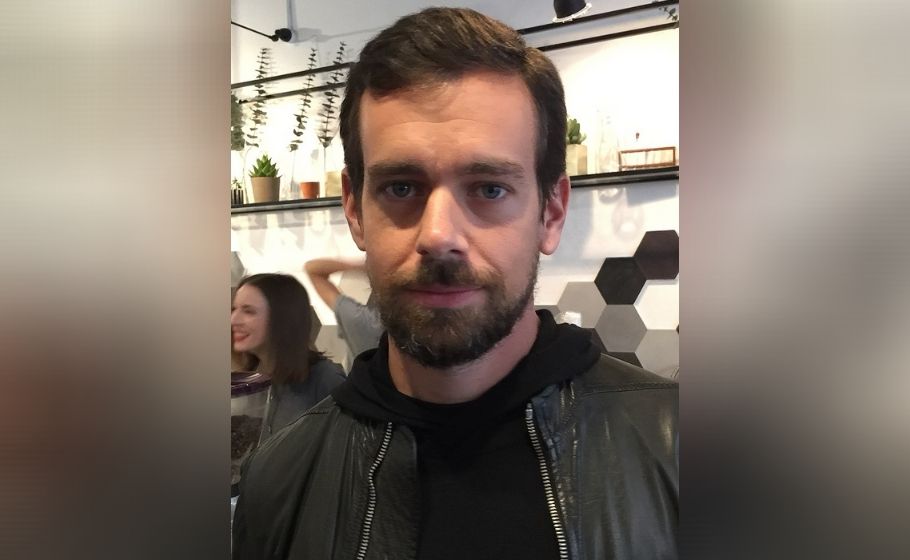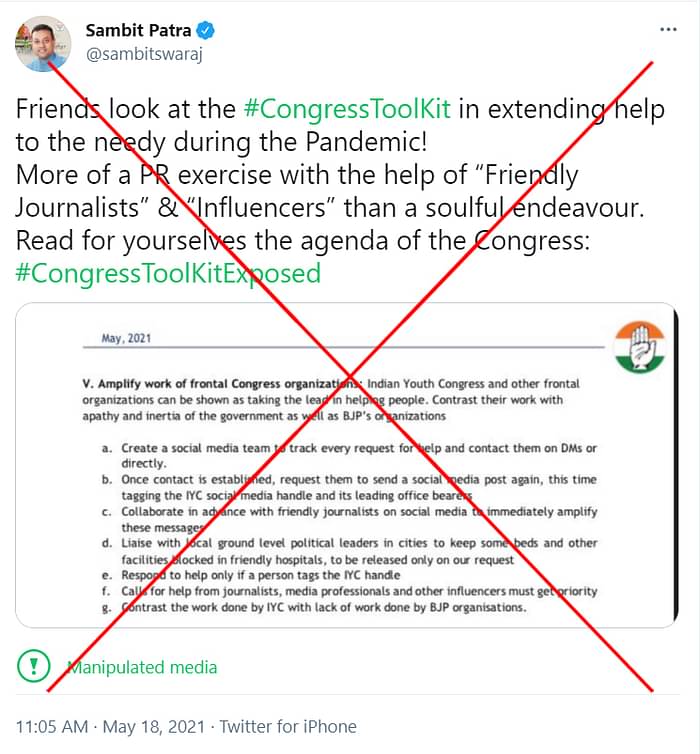
Twitter ‘concerned’ about its staff; Google says open internet ‘foundational’
Tensions between the government and Twitter escalated earlier this week after the company marked posts by BJP leaders on an alleged 'Congress toolkit' as 'manipulated media'

Twitter on Thursday expressed concerns over “the potential threat to freedom of expression” in India and “the use of intimidation tactics by the [Indian] police”. The statement came a day after Facebook’s messaging platform WhatsApp sued the Centre over its new digital/social media rules and Google said it is committed to complying with local laws everywhere and engage constructively with governments.
This is the first time Twitter has publicly commented on the regulations, which require social media platforms to appoint a compliance officer in India, set up a grievance response mechanism and take down content within 36 hours of a legal order.
One of the regulations, which came into effect on Wednesday May 26, requires companies to identify the “first originator of information” when Indian authorities demand it. According to Reuters news agency, the WhatsApp lawsuit asks the Delhi High Court to declare that this rule is a violation of privacy rights in the Constitution. Because messages are encrypted end-to-end, to comply with the law WhatsApp says it would have break encryption for receivers as well as “originators” of messages.
Also read: WhatsApp refusal to comply with new rules a ‘clear act of defiance’: Centre
Tensions between the government and Twitter escalated earlier this week after the company marked posts by BJP leaders on an alleged “Congress toolkit” as “manipulated media”. The government asked Twitter to remove the tag and the Delhi Police visited Twitter India’s offices in Delhi and Gurgaon on Monday evening to serve notice asking for an explanation.

In its statement on Thursday, Twitter said it will strive to comply with applicable laws in India to keep its service available in the country. The platform said it plans to advocate for changes to elements of IT rules that inhibit free, open public conversation.
Also read: New rules: Government seeks total control of media
“Twitter is deeply committed to the people of India. Our service has proven vital for the public conversation and a source of support for people during the pandemic. To keep our service available, we will strive to comply with applicable law in India. But, just as we do around the world, we will continue to be strictly guided by principles of transparency, a commitment to empowering every voice on the service, and protecting freedom of expression and privacy under the rule of law,” a Twitter spokesperson said.
“Right now, we are concerned by recent events regarding our employees in India and the potential threat to freedom of expression for the people we serve. We, alongside many in civil society in India and around the world, have concerns with regards to the use of intimidation tactics by the police in response to enforcement of our global terms of service, as well as with core elements of the new IT rules.
“We plan to advocate for changes to elements of these regulations that inhibit free, open public conversation. We will continue our constructive dialogue with the Indian government and believe it is critical to adopt a collaborative approach. It is the collective responsibility of elected officials, industry, and civil society to safeguard the interests of the public,” the spokesperson added.
Google CEO Sundar Pichai, meanwhile, said the search giant is committed to complying with local laws around the world and engage with governments as they scrutinise and adopt regulatory frameworks to keep pace with the fast-evolving technology landscape.
Also read: Centre’s new rules for digital content vague, loaded with draconian clauses
“It’s obviously early days and our local teams are very engaged… we always respect local laws in every country we operate in and we work constructively. We have clear transparency reports, when we comply with government requests, we highlight that in our transparency reports,” Pichai said in a virtual conference with reporters from the Asia Pacific.
He added that a free and open internet is “foundational”, and that India has long traditions of that.
“As a company, we are very clear about the values of a free and open internet and the benefits it brings and we advocate for it, and we engage constructively with regulators around the world, and we participate in these processes, I think it’s a part of how we learn.”
He added that the company respects the legislative processes, and in cases where it needs to push back, it does so. “It’s a balance we have struck around the world,” he said.
Pichai noted that technology is touching society in deeper and broader ways and the landscape is evolving at a fast pace. “So we fully expect governments rightfully to both scrutinise and adopt regulatory frameworks. Be it Europe with copyright directive or India with information regulation, etc, we see it as a natural part of societies figuring out how to govern and adapt themselves in this technology-intensive world,” he said.


